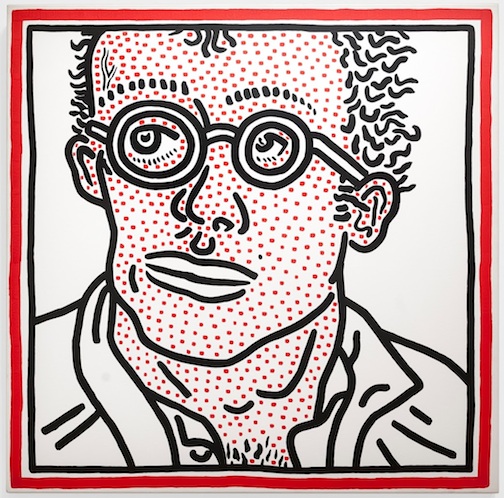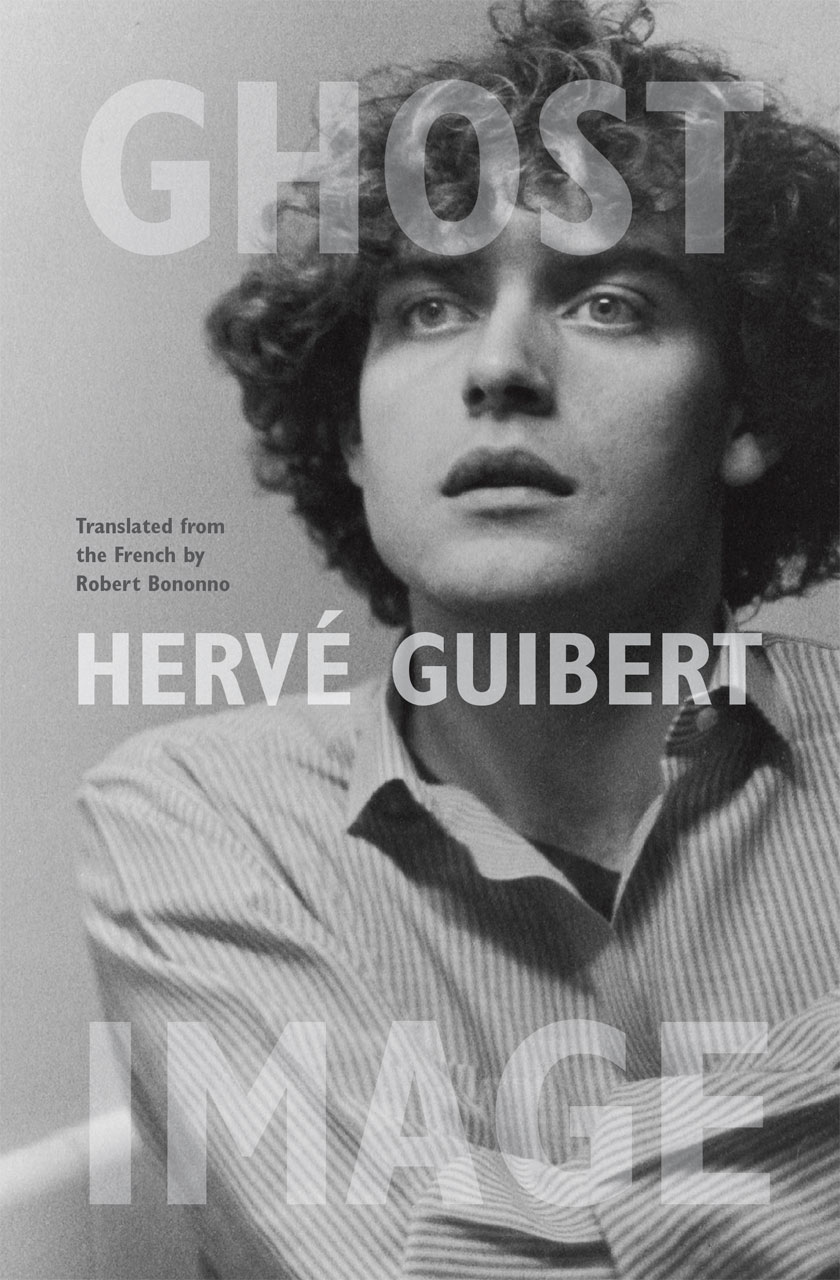February House
Directed by Davis McCallum
Music and lyrics by Gabriel Kahane
Book by Seth Bockley
At the Long Wharf Theatre,
New Haven, Feb. 15-March 18, 2012
FEBRUARY HOUSE is a wonderful new musical, movingly acted and beautifully sung. Closely based on Sherrill Tippins’ book of the same title, it was first presented at Vassar’s Powerhouse Theater last summer and arrives at the Public Theater in New York on May 8. The book’s subtitle, The Story of W. H. Auden, Carson McCullers, Jane and Paul Bowles, Benjamin Britten, and Gypsy Rose Lee, Under One Roof in Wartime America, describes the musical, too, give or take a few of those individuals. The book was warmly received and was reviewed in these pages in the July–August 2005 issue.






